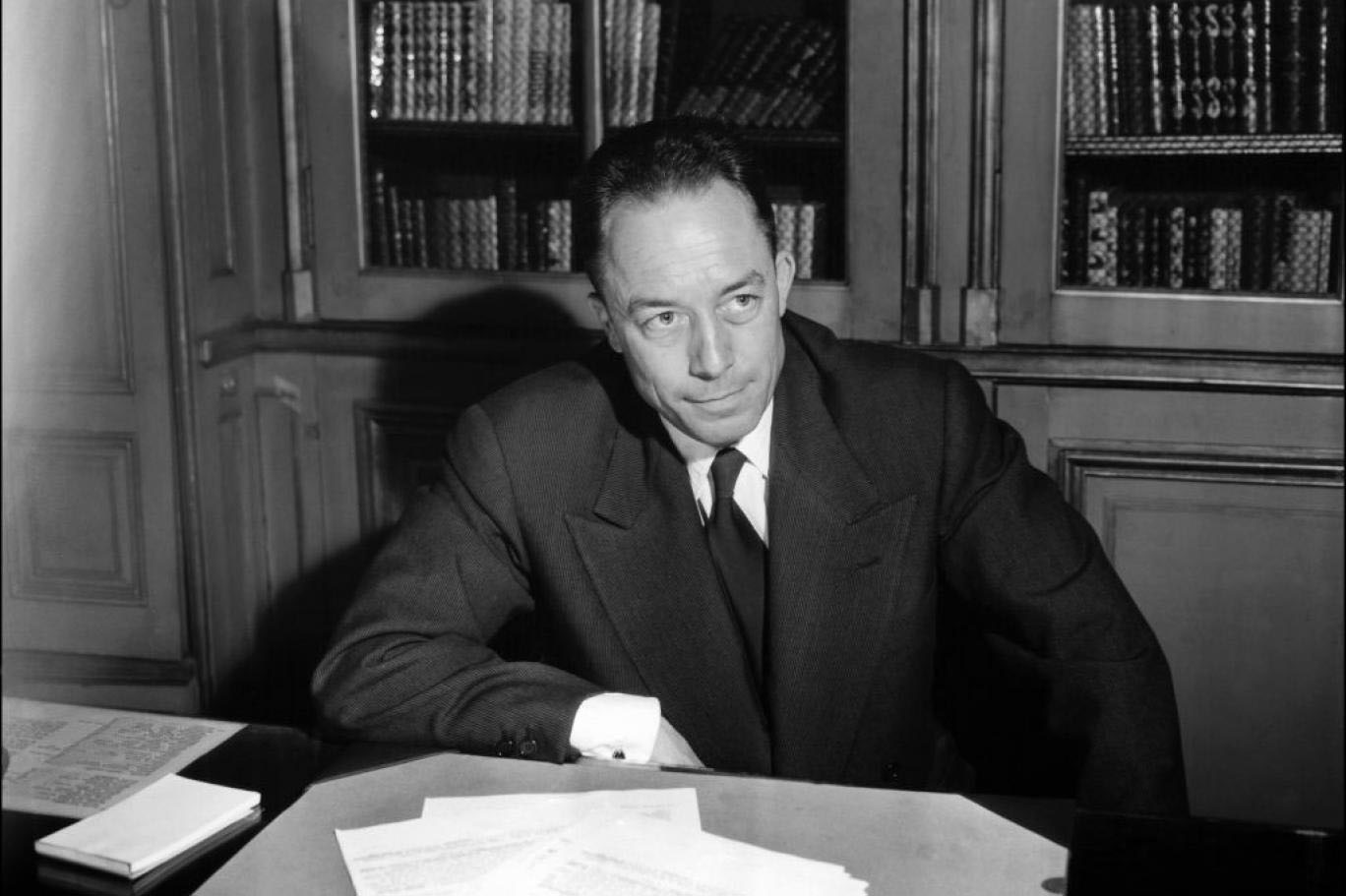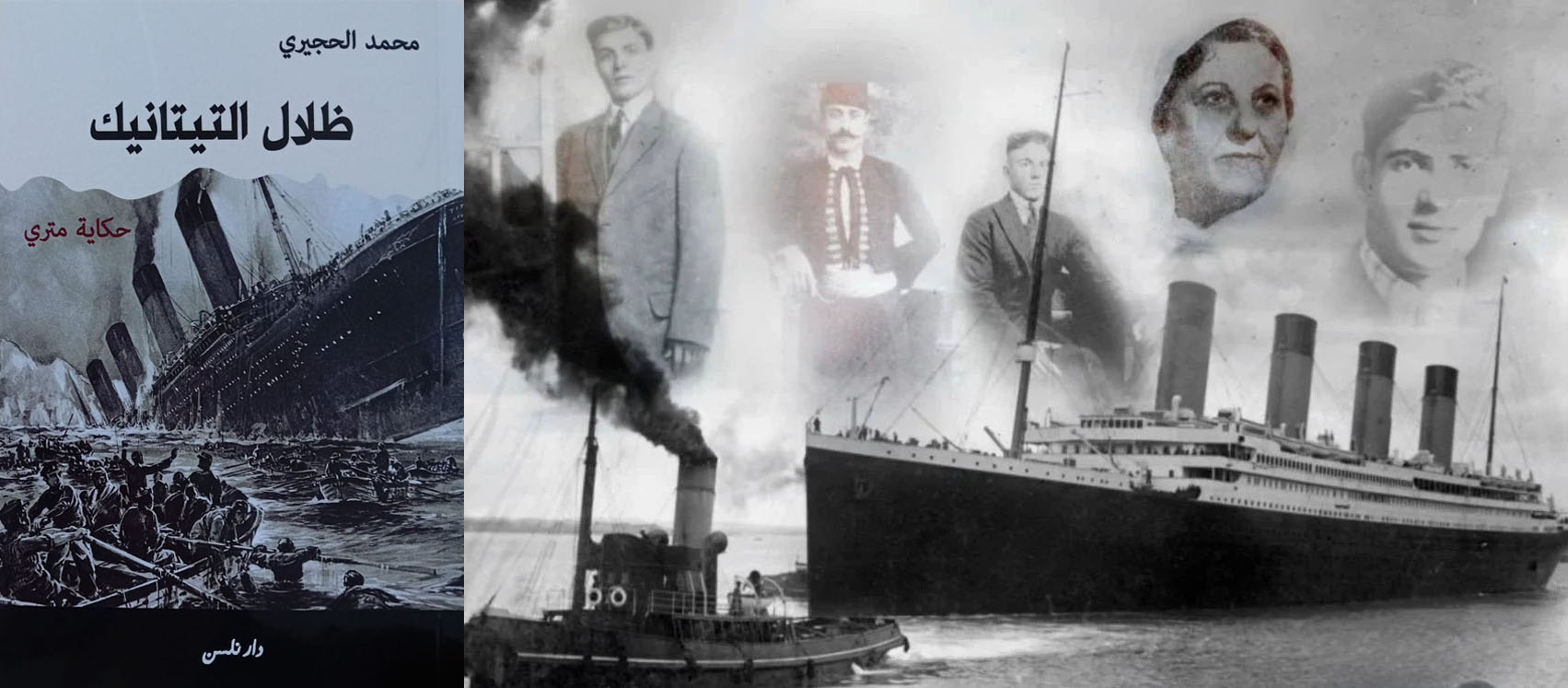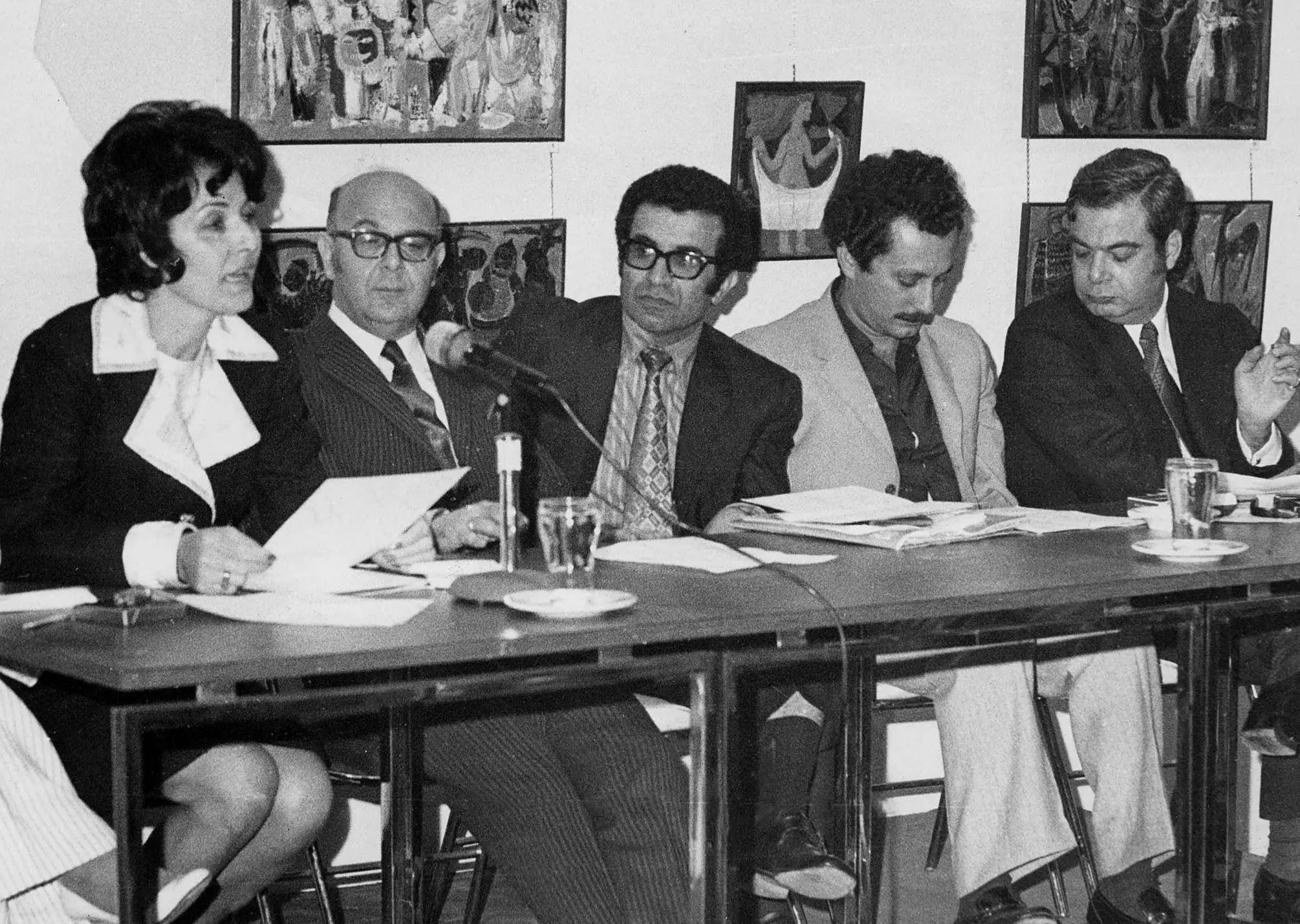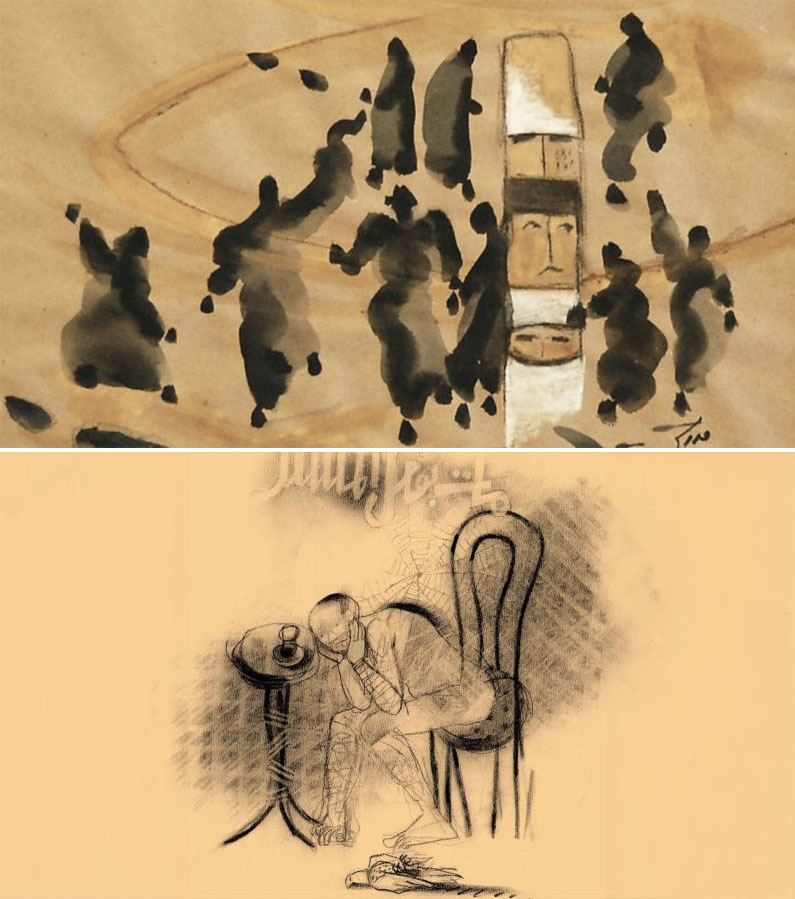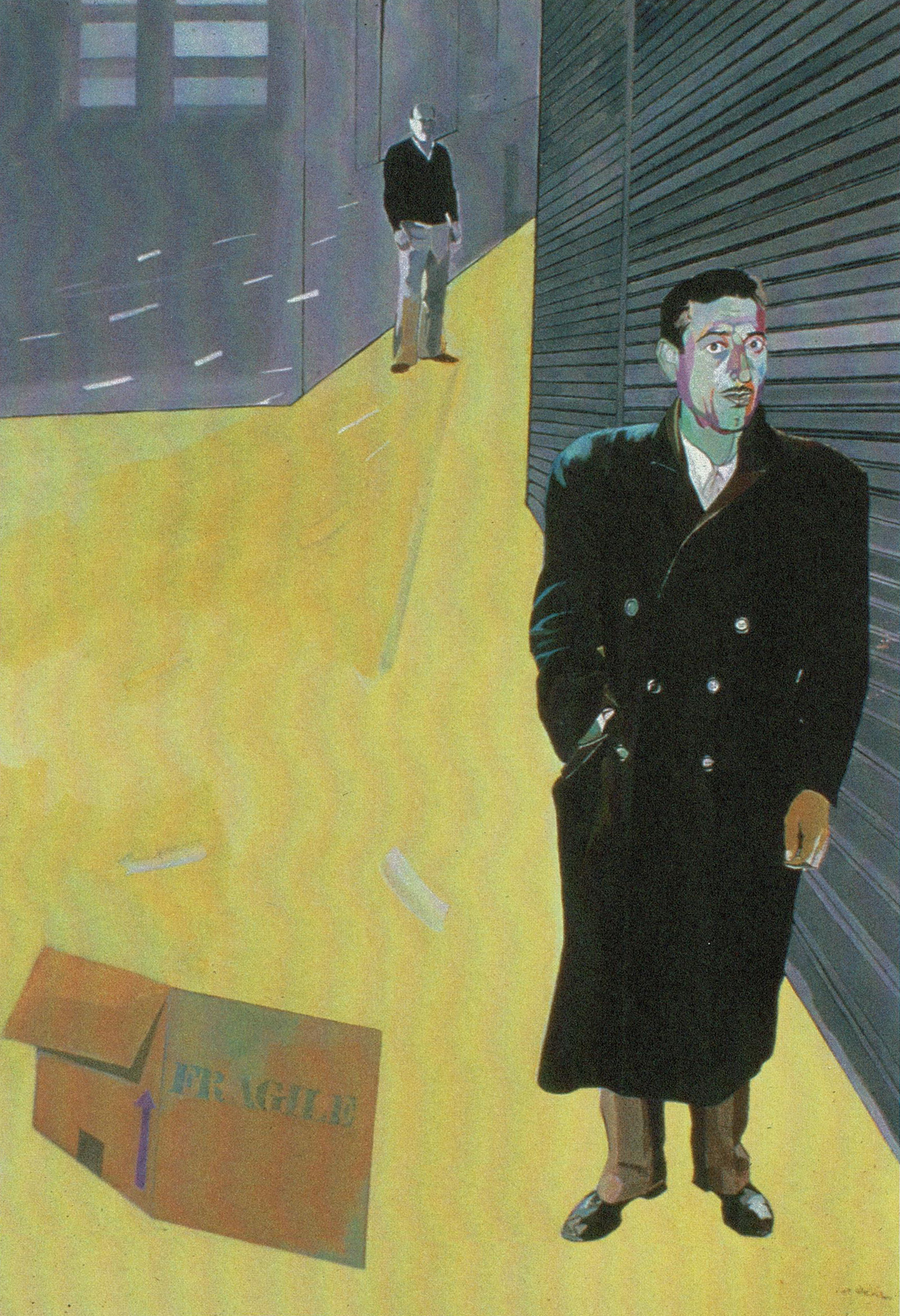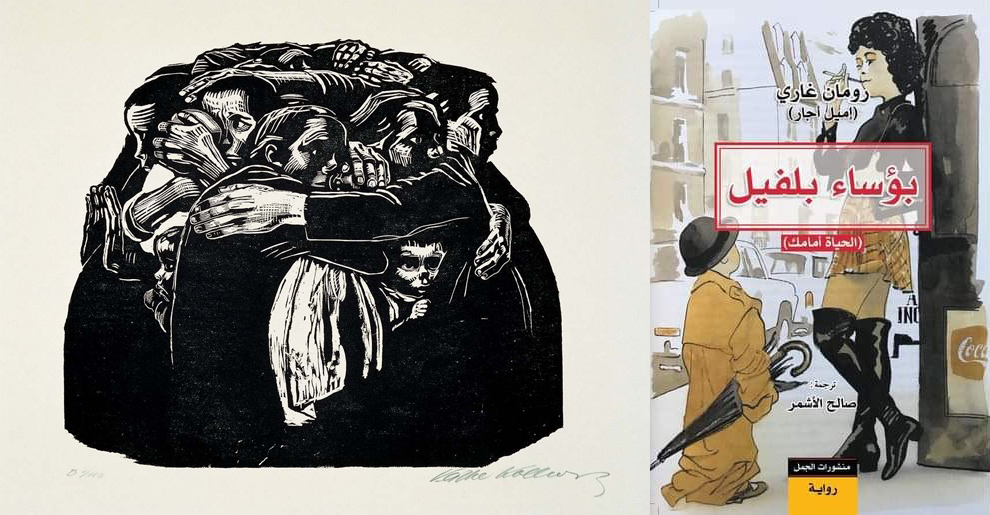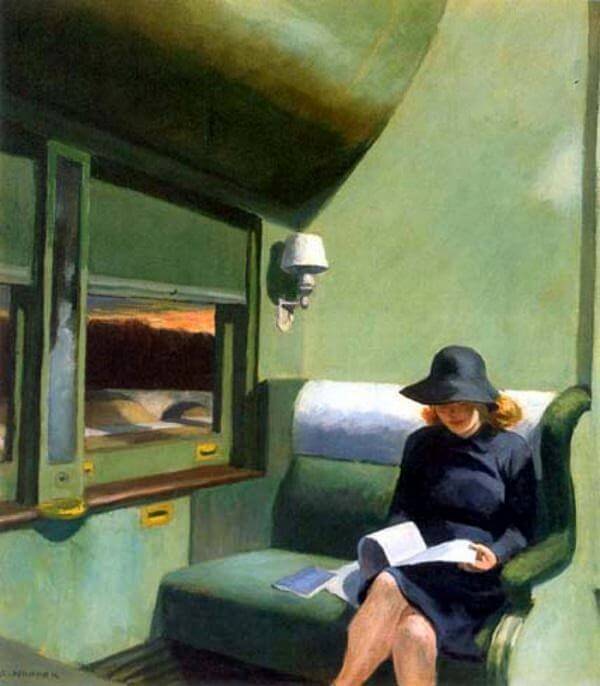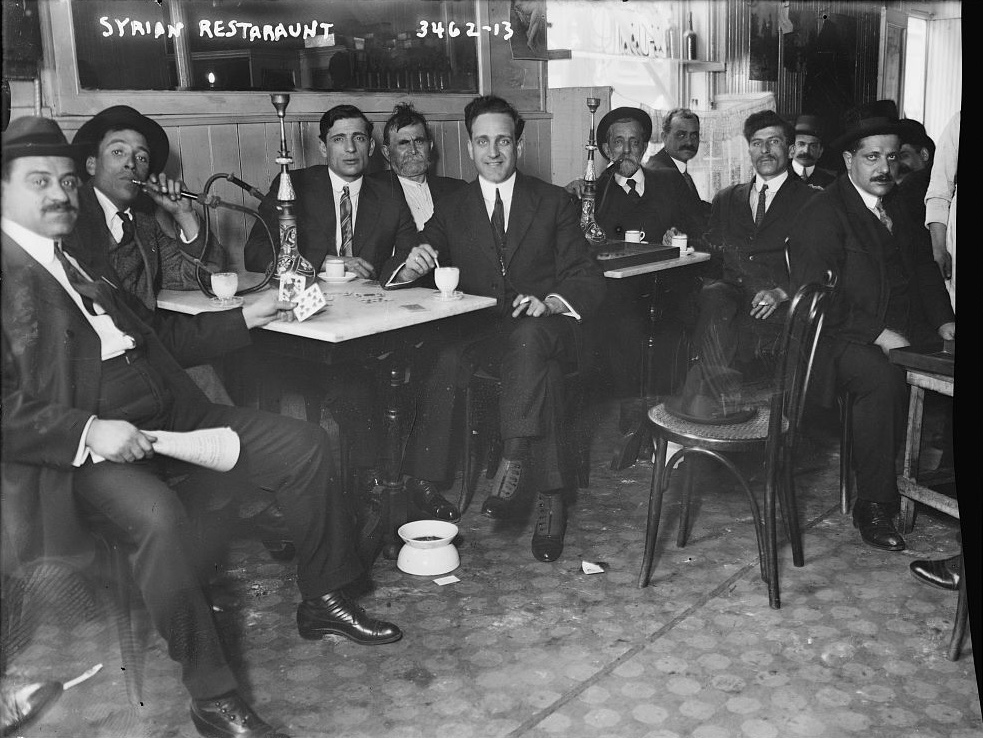The Algeria Camus Could Not See:
The Paradox of Humanism in a Colonial Landscape
The Algerian Revolution and Albert Camus' legacy persist in Arab writings, primarily among extreme nationalists and moderate humanists. Algerian nationalists highlight Camus' silence during the Algerian War of Independence and his refusal to endorse anti-colonial struggle, which led critics to interpret his attitudes as constrained by his universalism. The discourse has featured the moderates or revisionists.

